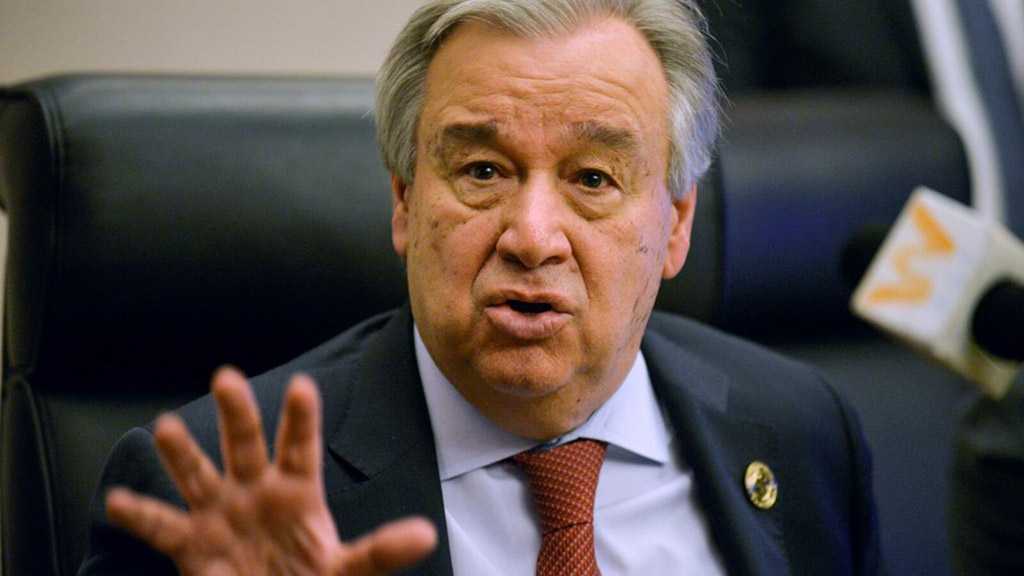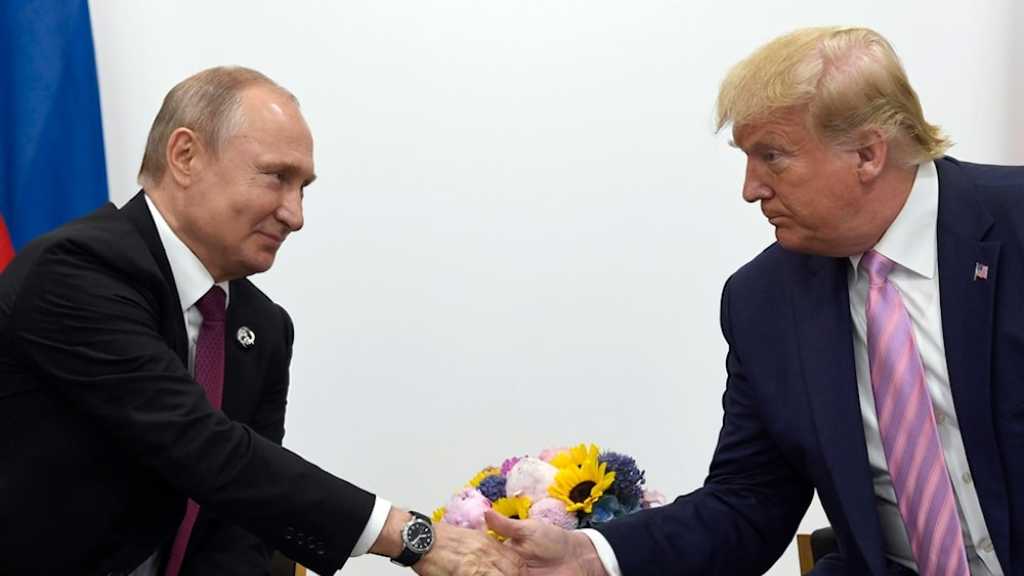Coronavirus Pandemic Is Fast Becoming a ’Human Rights Crisis’ – UN Chief

By Staff, Agencies
UN Secretary General Antonio Guterres said Thursday that the coronavirus pandemic is "a human crisis that is fast becoming a human rights crisis."
Guterres said in a video message that there is discrimination in the delivery of public services to tackle COVID-19 and there are "structural inequalities that impede access to them."
He also noted that the pandemic has seen "disproportionate effects on certain communities, the rise of hate speech, the targeting of vulnerable groups, and the risks of heavy-handed security responses undermining the health response."
Guterres warned that with "rising ethno-nationalism, populism, authoritarianism and a push back against human rights in some countries, the crisis can provide a pretext to adopt repressive measures for purposes unrelated to the pandemic."
In February, the UN Chief issued a call to action to countries, businesses and people to help renew and revive human rights across the globe, laying out a seven-point plan amid concerns about climate change, conflict and repression.
"As I said then, human rights cannot be an afterthought in times of crisis - and we now face the biggest international crisis in generations," he said.
He said he was releasing a report Thursday on how human rights must guide the response to the virus and recovery from the pandemic. Neither he nor the report name any countries or parties responsible for human rights violations.
Guterres said governments must be "transparent, responsive and accountable," and stressed that press freedom, civil society organizations, the private sector and "civic space" are essential.
The report said governments also need to take action to mitigate the worst impacts of COVID-19 on jobs, livelihoods, access to basic services and family life.
Guterres said any emergency measures - including states of emergency - must be "legal, proportionate, necessary and non-discriminatory, have a specific focus and duration, and take the least intrusive approach possible to protect public health."
"Emergency powers may be needed but broad executive powers, swiftly granted with minimal oversight, carry risks," the report warned. "Heavy-handed security responses undermine the health response and can exacerbate existing threats to peace and security or create new ones."
The report said the best response is proportionate to the immediate threat and protects human rights.
"The message is clear: People - and their rights - must be front and center," Guterres said.
Comments
- Related News

Kremlin: No Preparations Yet for Trump-Putin Meeting
16 hours ago


